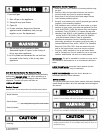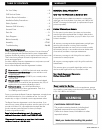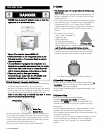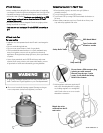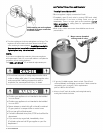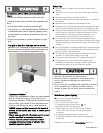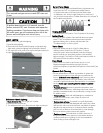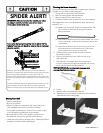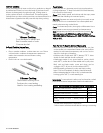Special offers from our partners!

Find Replacement BBQ Parts for 20,308 Models. Repair your BBQ today.
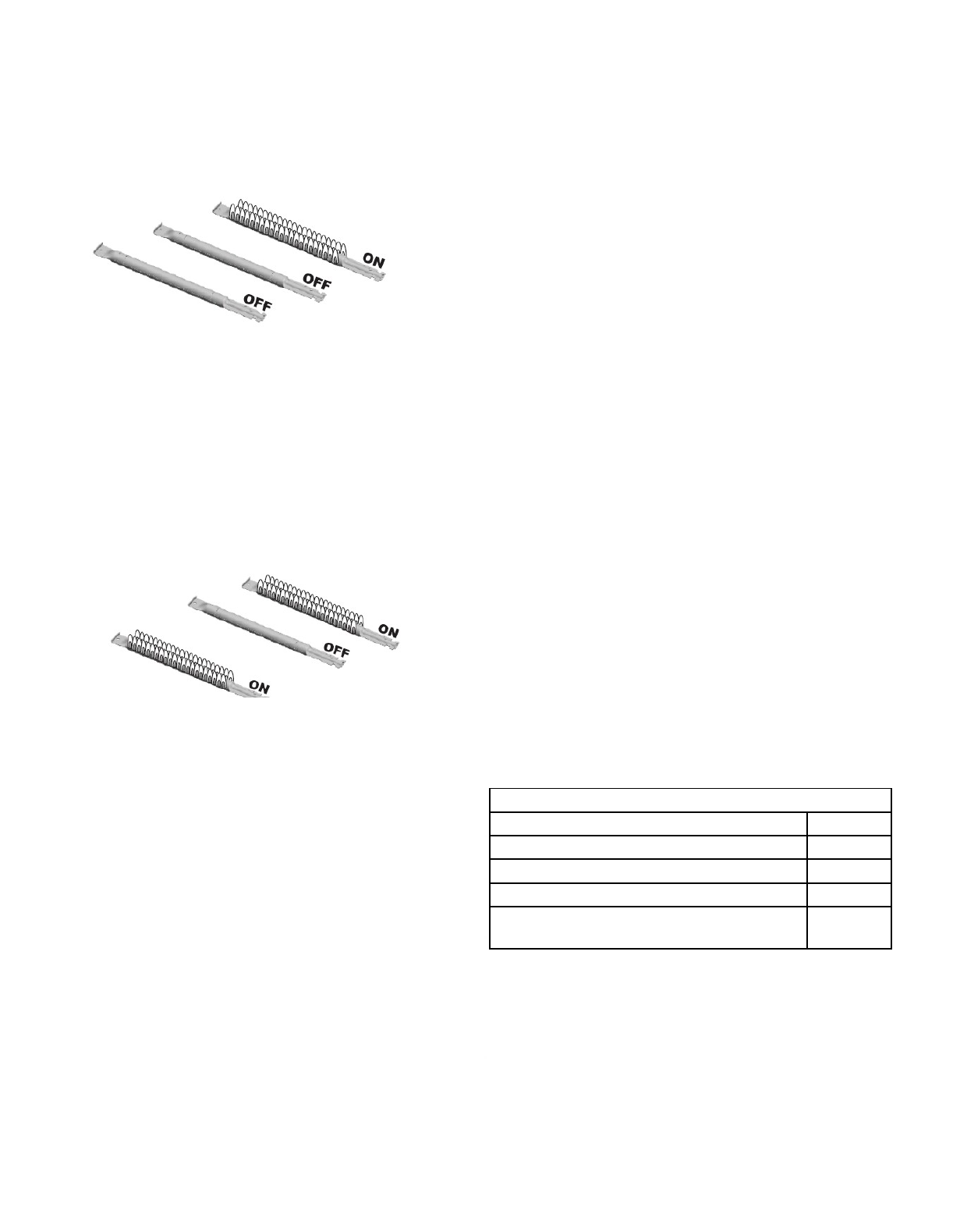
Indirect Cooking
Poultry and large cuts of meat cook slowly to perfection on the grill
by indirect heat. Place food over unlit burner(s); the heat from lit
burners circulates gently throughout the grill, cooking meat or
poultry without the touch of a direct flame. This method greatly
reduces flare-ups when cooking extra fatty cuts because there is no
direct flame to ignite the fats and juices that drip during cooking.
Food Safety
Food safety is a very important part of enjoying the outdoor
cooking experience. To keep food safe from harmful bacteria,
follow these four basic steps:
Clean: Wash hands, utensils, and surfaces with hot soapy water
before and after handling raw meat and poultry.
Separate: Separate raw meats and poultry from ready-to-eat
foods to avoid cross contamination. Use a clean platter and
utensils when removing cooked foods.
Cook: Cook meat and poultry thoroughly to kill bacteria. Use a
thermometer to ensure proper internal food temperatures.
Chill: Refrigerate prepared foods and leftovers promptly. For
more information call: USDA Meat and Poultry Hotline at
1-800-535-4555 (In Washington, DC (202) 720-3333, 10:00 am
4:00 pm EST).
1 Burner Cooking
Cook with direct or indirect heat.
Best for smaller meals or foods.
Consumes less fuel.
Indirect Cooking Instructions
• Always cook with the lid closed.
• Due to weather conditions, cooking times may vary. During
cold and windy conditions the temperature setting may
need to be increased to insure sufficient cooking
temperature.
• Place food over over unlit burner(s).
How To Tell If Meat Is Grilled Thoroughly
• Meat and poultry cooked on a grill often browns very fast
on the outside. Use a meat thermometer to be sure food has
reached a safe internal temperature, and cut into food to
check for visual signs of doneness.
•
Whole poultry should reach 180° F; breasts, 170° F. Juices
should run clear and flesh should not be pink.
•
Hamburgers made of any ground meat or poultry should
reach 160° F, and be brown in the middle with no pink juices
Beef, veal and lamb steaks, roasts and chops can be
cooked to 145° F. All cuts of pork should reach 160° F.
• NEVER partially grill meat or poultry and finish cooking
later. Cook food completely to destroy harmful bacteria.
• When reheating takeout foods or fully cooked meats like
hot dogs, grill to 165° F, or until steaming hot.
2 Burner Cooking
Great indirect cooking on low.
Produces slow, even heating.
Ideal for slow roasting and baking.
WARNING: To ensure that it is safe to eat, food must be cooked
to the minimum internal temperatures listed in the table below.
USDA* Safe Minimum Internal Temperatures
Fish
145°F
Pork
160°F
Egg Dishes
160°F
Steaks and Roasts of Beef,
Veal or Lamb
145°F
Ground Beef, Veal or Lamb
160°F
Whole Poultry (Turkey,
Chicken, Duck, etc.)
165°F
Ground or Pieces Poultry
165°F
(Chicken Breast, etc.)
*United States Department of Agriculture
10 • 16142-40900319
USDA* Recommended Safe Minimum Internal Temperatures
Beef, Veal, Lamb and Pork – Whole Cuts** 145° F
Fish 145° F
Beef, Veal, Lamb and Pork – Ground 160° F
Egg Dishes 160° F
Turkey, Chicken & Duck – Whole, Pieces &
Ground
165° F
* United States Department of Agriculture
**Allow meat to rest three minutes before carving or consuming.



